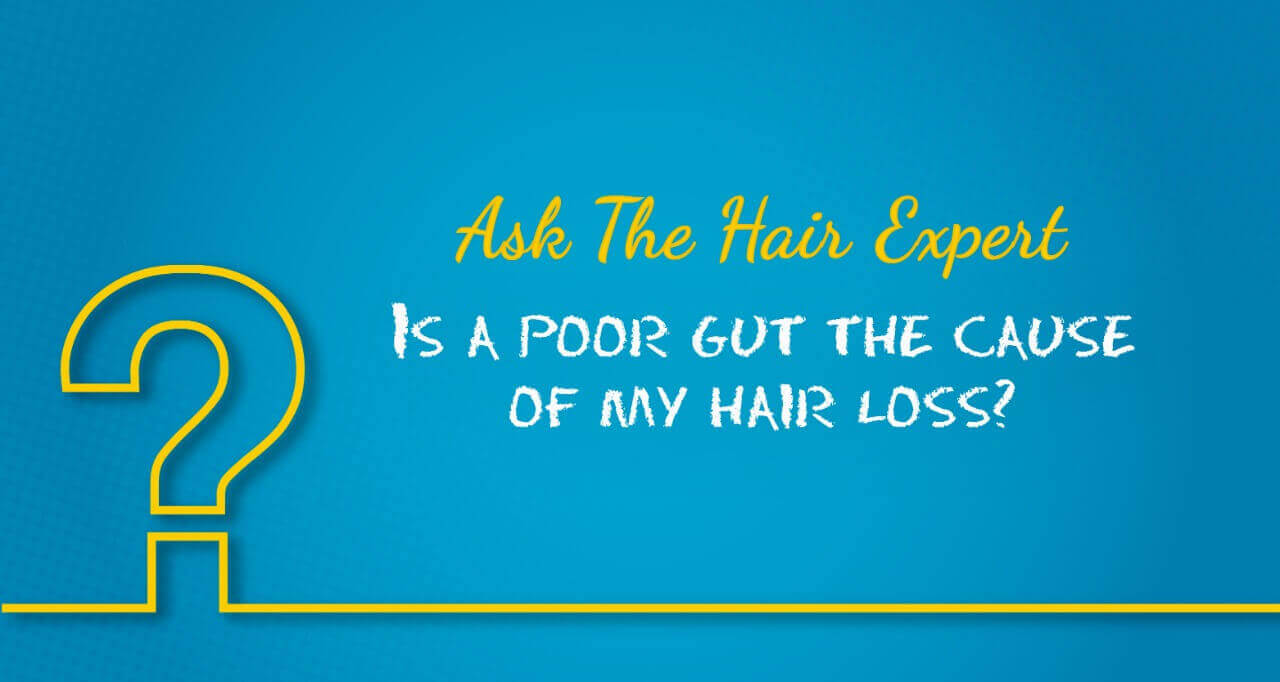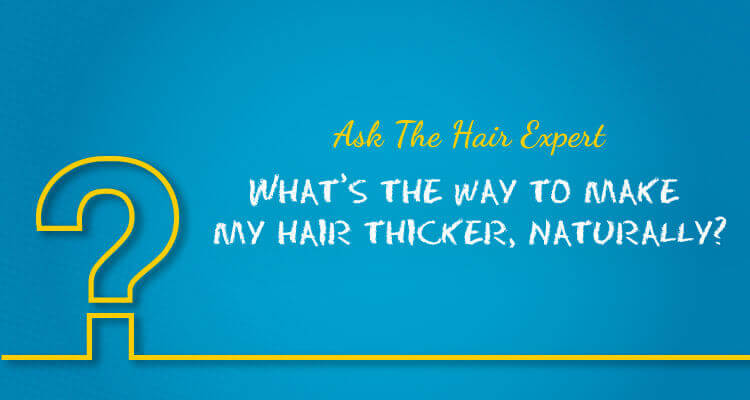Pollution is terrible for the environment. Something that all of us know and dread.
Some of its effects are immediately felt while some aren’t as tangible. We all strive to contribute towards the cause of reducing pollution, by doing our bits in everyday-life. The need of the hour, without a doubt.
Meantime, have you thought of how it may be affecting your health? Your hair?
Pollution impacts us in multiple ways and damaged hair is one of the very prominent tangible side effects. Hair is one part of our anatomy that reacts very swiftly to any change, both internal and external changes. Pollution is, unfortunately, a very common and significant factor that affects our body and hair from within and outside. The damage caused can be reversed, if spotted and addressed in a timely manner.
Given the situation in most of our cities on the pollution-radar, we are not surprised that we have received multiple queries on pollution and hair loss, how hair is affected and how to tackle it.
So here we are, once again, with our ‘Ask the Hair Expert’ series; this time to address your queries on pollution-related hair damage and loss. And as always, apart from addressing your immediate concerns, we will also recommend tips to manage your hair, to keep it stress-free & problem-free.
You asked: “Does pollution impact hair? Can it trigger dandruff? Can it cause hair loss? If yes, how can I control it?”
Here’s the answer from the Hair Experts.
Yes. Pollution DOES impact your hair, causing hair loss. And you do need to address it before it becomes irreversible.
We recommend a regulated hair care regimen. And a trip to your Trichologist’s clinic, to help understand your hair better and to curb the possible damage.
Thanks to the rising pollution and stressful lifestyle that most of us are leading, it becomes important to take a step back and periodically review our health. And our crowning glory, our hair.
Pollution can render your hair dull, lifeless, dry, brittle, and eventually lead to hair loss, if unattended to. The good news, however, is that hair damage or loss that is purely pollution-related is reversible. Trichologists are your key to tackling this right!
So, let’s first understand how pollution impacts your hair. We will look at conditions that are typically triggered due to its impact, and how to tackle them, along with some handy tips, as always.
How does pollution affect your hair?
It has been observed that toxic particulate matter (the sum of all solid and liquid particles suspended in the air, many of which are hazardous) can hamper with the chemical processes in dermal papilla cells (present at the base of hair follicles). These cells control the formation of the hair shaft and promote hair growth. They are responsible for hair growth, retention and the hair life cycle. Particulate matter triggers various concerns leading to hair loss.
Research further has shown that exposure of hair follicles to pollutants impair hair proteins, degenerating them. Studies and experiments have shown that with exposure to air pollution, there is a reduction in levels of beta-catenin, a protein needed for hair growth, hair generation and regulation of the hair follicles. Other proteins responsible for growth and retention, such as cyclin D1, cyclin E and CDK2, are also affected when the exposure is high.
The toxins in the air containing smoke, soot, acid and particulate matter also zap the moisture from the hair shaft, making it dry and very brittle. Hair becomes very prone to breakage. In extreme cases, it also leads to premature ageing of hair!
The scalp also gets affected by exposure to pollution. There is excess sebum production on the scalp which translates to a greasy and oily scalp, clogging the pores & hair follicles. This effectively weakens the roots and makes the hair fibre dry.
The pH balance of the hair is disturbed as well when exposed to pollution. When the hair is at an optimum pH level, the cuticles are closed and healthy (do read our blog on hair anatomy to understand this better!). When the natural pH level of your hair and scalp is maintained, the sebum of your scalp is also balanced and fights bacteria. When this balance is disturbed, your cuticle becomes damaged and scalp becomes prone to infections.
Here we list some conditions that are commonly recognised, caused by pollution.
- Dry, itchy scalp & dandruffThis is the most common effect of pollution. This is triggered by the dust particles and grime that get attached to your hair and scalp. If not cleaned regularly, there is a build-up, leading to scalp that’s dry and itchy. You may notice flakes and assume them to be dandruff. But having it diagnosed right is important to treat it right. An oil massage may not help all types of dandruff issues! Also, what if it’s not dandruff flakes in the first place? Checking with a trichologist would be the wisest thing to do.
- Dry, dull & brittle hairAs mentioned above, pollution tends to dehydrate the hair. If you are not replenishing it and moisturising it sufficiently, then the hair is bound to become dry and brittle. It’s also often the case that you are exposed to air that contains harmful mixes of gases, that you are unaware of, which interferes with the texture of your hair. While you may think it to be you having a bad hair day, the root cause may be such exposure.
- Split endsSplit ends are a tell-tale sign that hair is damaged. As you know, split ends is when the ends of your hair split and then travel all the way up the length of the hair, ultimately leading to hair fall. Split ends very closely follow the hair getting dry and brittle due to dehydration. When hair is not adequately moisturised and nourished, while being exposed to severe pollution, split ends are an immediate, noticeable side effect.
- Scalp InfectionsAs mentioned above, pollution affects the pH balance in the hair and scalp, making it prone to scalp infections. Sometimes when dandruff and scalp irritation is ignored or treated inappropriately, it can lead to scalp infections that can get really painful to deal with.
- Hair Thinning & premature ageing of hairAs you age, your hair strands become thinner and have lesser pigmentation in them. Your thick hair gradually becomes thinner, lighter and many of your hair follicles may stop to produce new hair. Now, this is a natural process. But pollution can aggravate this process and you may notice these signs prematurely. What are typical to a, say 40yr old, maybe getting noticed by you in your lates the 20s itself. These are signs to watch out for and address before the changes become irreversible.
- Diffuse Hair LossOne of the triggers of diffuse hair loss, a very common condition, is pollution & stress. Diffuse hair loss in both males and females can be a direct result of emotional stress and physiological problems, aggravated by environmental problems. To define it, diffuse hair loss or diffuse alopecia is a condition in which the individual’s hair density decreases across the breadth of the scalp.It is easier to identify diffuse hair loss in males since it has a particular pattern of hair loss or thinning of hair, occurring in different spots of the head. Under diffuse hair loss in males, hair thinning can happen all over the head and almost equally in all proportions, the only exception being the back and sides where hair loss does not happen as much. In women, it can be a feature across the scalp, with no specific pattern. A Trichologist can identify it through clinical diagnosis. Diffuse hair loss in itself can be of various types, which the trichologist can identify and prescribe treatment accordingly.
While the above is an indicative list of conditions that are typically triggered by pollution, there are pre-existing conditions which may get aggravated due to exposure to pollutants. These conditions are typically triggered due to other reasons but pollution makes these hair concerns worse! Some such are androgenic alopecia, dandruff, hair loss triggered by PCOD, postpartum hair loss, thyroid disorder-related hair loss/thinning, premature greying to name a few.
Thus, exposure to pollutants either triggers a new condition or makes an existing one worse! Timely intervention, seeking professional guidance where needed, can make all the difference.
Can such hair loss be reversed?
As we mentioned above, the good news here is that hair loss that is caused due to pollution, is reversible. Key is a correct diagnosis and proper, timely action.
Haircare tips to combat pollution
There are ways to counteract the effects of pollution and take care of your hair. Here are some tips on how you can handle it on your own.
- Follow a disciplined hair care regimen – oiling, shampooing, conditioning and deep conditioning. And what’s also very key here is using the right products while you are at it! Check with your trichologist on what best to use for your specific hair type – everything from hair styling, hair maintaining, hair washing and drying to what you should eat, what lifestyle habits to change.
Wash your hair daily with a scalp cleanser. Typically, mild shampoos can be used for daily use while anti-dandruff shampoos, only twice a week. Deep condition once a week as a routine, especially if you are someone who colours hair and frequently styles it. - Protect your hair when you step out. Keep your kong hair tied/ braided. Cover up with a scarf or hat or cap. You can use leave-in-conditioner and sun protection serums, but please do so after checking with your trichologist. You do not want to add to concerns with product build-up.
- Stay hydrated. This is key to combatting hair damage caused by multiple factors, including pollution. It’s important to keep your hair follicles hydrated from within and for your hair shafts to stay healthy. Pollution and environmental factors typically dry out your hair & scalp as a first hit. Drink plenty of water and use the right products to strengthen your hair’s natural hydro-lipid layer, which coats the hair to help keep it hydrated. Again, your trichologist can guide you on this.
- Minimise usage of styling equipment that use heat. If your hair is already dry & brittle thanks to pollution, you will only make it worse by applying more heat on it. Also, if you are facing considerable issues as such, be gentle when you comb or brush your hair, as it’s more susceptible to fall off. Go for natural hairstyles that keep it protected from hair damage. Do read our blog on the topic for some handy tips on hairstyles.
- Follow a healthy lifestyle with a balanced diet and timely sleep habits. Do include hair healthy foods in your diet which can really help in the regrowth of your hair.
- Do not self medicate at any point. Only after consultation with your hair doctors, should you resort to food/vitamin supplements and other medications, to boost your hair growth and further stop it from falling out due to environmental stress.
- Once a month go for a tricho scalp treatment that can help detox and rejuvenate your hair follicles, clearing the pores and stimulating them. This will help combat the cumulative stress of pollution, lifestyle, erratic diets and other common factors.
If dandruff, hair loss or any of these common symptoms persist in spite of your following these recommendations, do visit a Trichologist. Not all hair/scalp problems are environmental-stress-driven!
How can a Trichologist help?
Trichologist can help you clearly diagnose your condition – if it is indeed a pollution-related disorder or if there is something more to it. As we always remind you, hair is your body’s barometer. Every hair has a story to tell and it is the trichologist who can decipher that for you!
During the consultation with your Trichologist, a detailed analysis is done of your hair & scalp condition, your routine and diet are thoroughly discussed, along with your medical case history. A diagnosis is then drawn and treatment prescribed. It could be a topical treatment, basic hair fall treatments, rejuvenating therapies, changes to diet or hair care routine, or specific tricho treatments, or change in hair products you are using, depending on your hair’s need. Remember, no one solution fits all!
Do visit a reputed clinic to meet a trichologist to get professional guidance on all things hair.
We trust that your questions have been addressed! Do reach out to us at any point with your doubts or concerns. We are just a call away to help you figure your hair worries out!
Do read our hair care blogs that give you very simple tips to care for your hair on a daily basis, and for all things ‘Hair’, do follow our blogs on hair loss, treatments & solutions, and interesting hair trivia!
Connect with us on social media on the links below. Please leave your questions & comments, and we will address them all, just as we have done today!



